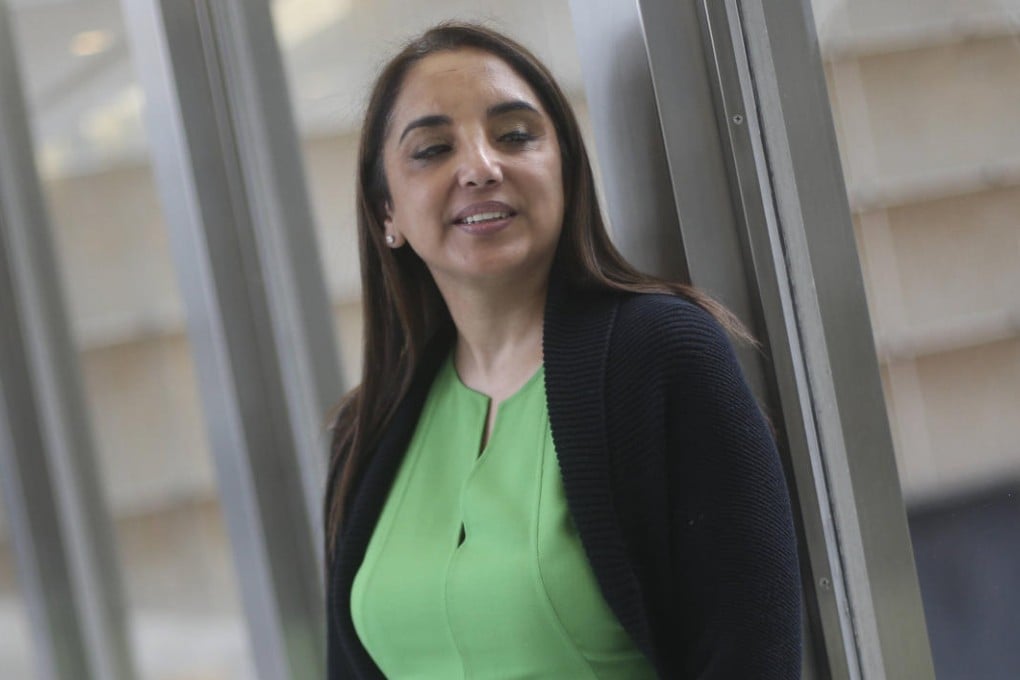Professor Sheena Iyengar on choice that changed her life
The author of The Art of Choosing and professor at Columbia Business School talks to Fionnuala McHugh about learning to see beyond limitations - and jam.

SI remember the stairs in Queens, where we lived after my parents immigrated to New York. I can remember seeing my Sikh father's turban and long beard. He was a businessman, a typical immigrant, trying to make money. I was three when I was diagnosed with retinitis pigmentosa and by then I was legally blind, so it was clear, early on, that choices were being taken away. At school, I was in a big class and the teachers didn't want me there because it meant added responsibility. My mother took me to a school for the blind but she didn't like the look of it so she decided I wasn't blind. She'd teach me at home. Then we moved to New Jersey, where the classes were smaller and that's where I was taught Braille.
There was American life and there was Indian life. In school I was allowed to be blind. At home - at the temple, in Indian society - my parents wanted to hide it. It was a source of embarrassment and that made me anxious. I didn't want to be caught. I was pretty bad at school, but when I was in seventh grade, I told my mom I'd start figuring it out on my own and I didn't want her help any more. I was 13 when my father suddenly died (of a heart attack). My sister, nine years younger than me, is also blind and, overnight, my mom's attitude changed. She'd say, "I don't want to hear about men or boys, you've got to stand on your own two feet." She wasn't going to save money for our dowries, she was going to spend it on our education.
It's official: White men don't have a preference for Asian women - any race will do

In 11th grade, someone flippantly made a comment that I wouldn't have to worry about employment because I'd end up on government handouts or married. I was always assigned a counsellor to check on me generally, and I was lucky: I got the wife of a dentist, someone from a wealthier neighbourhood. She had a book describing colleges and she lit up when it mentioned the (business-focused) Wharton School, of the University of Pennsylvania. My father was a failed businessman and I understood that finance was important. Her view was I should try there, but it would be a bonus if I got in. So I did.
Undergraduate life was very competitive. I struggled to do well. I wanted to go to Wall Street but it quickly became clear that wasn't going to happen. At the beginning of my third year, I did social psychology. I went to a professor and asked him if I could be his research assistant. I remember to this day the silence … then he pounded the desk and shouted, "You're it!" He was doing studies that involved asking embarrassing questions and he had a notion: what if the person asking these questions couldn't see you? That's when I started to feel I could become an experimentalist.
At Stanford University one of my first studies - with children in an elementary school - was about culture and choice. It turned out the Asian-American children performed best when they thought their mothers had chosen the puzzles. Anglo-American children performed best when they chose their own. I used to like going to a store, Draeger's. It had 15 types of bottled water, nearly 250 mustards, 348 jams … but I'd ask myself, "How come you never buy anything?" So I decided to do a little experiment. I set up two tasting booths - with six jams or 24 jams - by the entrance. Sixty per cent of shoppers were more likely to stop at the 24 jams; only 3 per cent of them would purchase. But 30 per cent of those who stopped at the six jams would purchase. The more choices people have, the more likely they are to procrastinate and the less satisfied they are.